Who is eligible for the deduction?
A tax deduction reduces the income on which the government takes taxes. Those who submitted an application receive a refund of part of the costs. Every citizen of the Russian Federation who pays personal income tax is entitled to a deduction - 13% of income.
The deduction for the purchase and furnishing of housing has a limit of 2 million rubles per person. It is issued for life: you can apply for several apartments or houses, but the total deduction amount will be the same. This rule applies to housing purchased since January 1, 2014. For apartments and houses that were bought earlier, it is different: a deduction is issued only for one object, even if it cost less than 2 million rubles.
The state will return 13% of the deduction amount. Maximum - 260 thousand rubles.
Let's look at an example. The apartment cost 1.8 million rubles. We paid 600 thousand for the finishing. It turns out that we are filing a deduction of 1.8 million for the apartment itself and 200 thousand for the finishing. We are returning 260 thousand rubles.
Spouses can each receive a deduction for the apartment in full, even if the apartment is registered in the name of one of them. This will result in a deduction of up to 4 million rubles per apartment and a refund of up to 520 thousand.
We don’t just say “repair”, but “finishing” for a reason. A tax deduction is allowed only if the apartment is in a new building, purchased from a developer and sold without finishing. The latter is fixed in the contract. If part of the work is carried out by the developer, the document divides the cost of the apartment and finishing.
How to get money back for repairs made in someone else's apartment
Once a young man turned to a lawyer with a frequently encountered problem: after the wedding, his mother-in-law kindly provided the couple with her own three-room apartment to live in, with a “small” flaw: the apartment was in a new building. There were concrete walls, a floor, a ceiling - and nothing else. The young son-in-law, without thinking twice, enthusiastically began the renovation that lasted two years and invested about 2 million rubles of his own money into “mother’s” apartment. When the renovation was completed, love and marriage suddenly ended, and the young man was asked to leave, changing the door locks and giving him a week to collect his personal belongings. After some time, the former son-in-law realized that for two years he had invested all his money in renovating the apartment of a stranger.
There is an increase in the mother-in-law's assets at the expense of the son-in-law, i.e. unjust enrichment of the mother-in-law. And if so, the lawyer began to save his son-in-law’s money with an independent assessment of the inseparable improvements made in the apartment. Just a few days before the locks were changed and the son-in-law was finally expelled, an independent appraiser visited the apartment, counted the improvements made and compiled a report assessing the cost of the improvements.
However, the judicial practice of past years did not give hope for a positive outcome of the case. It was necessary to convince the court that the repairs made by the plaintiff were not actual payment of rent for living in the apartment, were not carried out free of charge, due to the ardent love of the son-in-law for his mother-in-law, but for the purpose of living for the son-in-law’s own family. At the time of filing the claim, the apartment had been completely renovated and had a specific price. The mother-in-law was aware of the renovations being carried out in her apartment, its scale, and approved all the changes made in the apartment; the son-in-law invested his own money in the renovations.
Refusing claims for recovery of the cost of repairs as unjust enrichment of the apartment owner, the courts of first and appellate instances adhered to the following legal position: any actions in the interests of others should be carried out not at the discretion of the person performing them, but only for the purpose of fulfilling an obligation. The courts indicated that it is necessary for the plaintiff who renovated the apartment to be in some kind of contractual relationship with the owner of the apartment, by virtue of which the plaintiff would be obliged to carry out repairs of this apartment and acquire the necessary materials and items for this, as well as other disputed property and transfer it into ownership the owner of the apartment. If the investment of funds by the plaintiff who renovated the apartment was not based on the existence of a compensation agreement, then it (the investment of money) did not give rise to any obligations for the apartment owner due to unjust enrichment.
In the courts, to prove the costs incurred for construction materials, plaintiffs (persons wishing to return money for repairs) presented sales receipts. However, the courts believed that they only revealed the name, quantity of the goods to be sold and its value, but it was impossible to make an unambiguous conclusion that the specified property was purchased by the plaintiff. Despite the fact that the plaintiff’s name is indicated on the sales receipts, the courts believed that these documents confirm the fact of purchase and the cost of materials purchased for repairs. The fact that some of them indicate the plaintiff’s surname does not indicate that the goods were purchased only with the plaintiff’s own funds, including by obtaining a loan.
According to the courts, taking into account the fact that the plaintiff who renovated the apartment lived together for a long time with the owner of the apartment as one family, the plaintiff could not but know and understand that all the actions he took to renovate the apartment, as well as to acquire other disputed property, cannot be considered as committed as a result of a mistake and aimed only at ensuring the personal interests of the plaintiff himself.
However, not so long ago, judicial practice began to change. The changes started with the Ruling of the Supreme Court of the Russian Federation dated September 19, 2017 in the high-profile case No. 83-KG17-18 on the recovery of unjust enrichment under a social tenancy agreement. The first new conclusion of the court for us is that the Supreme Court of the Russian Federation, overturning the decisions of the lower courts, took as a basis the expert’s opinion on the cost of improvements in the apartment in monetary terms, and not checks for the work performed, as was previously accepted. The highest court indicated that the apartment transferred for living did not have plumbing, gas equipment, interior doors, the walls were not covered with wallpaper, the ceilings were not finished, the floors were cement screed, i.e. Certain work was required to bring this living space into proper condition, allowing the apartment to be used for living. The defendant was aware of the need for these works and did not object to them being carried out by the plaintiff at his own expense.
The Supreme Court of the Russian Federation accepted as a basis the statement of the plaintiff who was renovating the apartment that his actions to bring the apartment into proper condition were of a forced nature and were due to the defendant’s failure to fulfill the obligation to provide residential premises for living that met the established sanitary and technical rules and standards. The owner of the apartment handed over the residential premises unsuitable for living, which means he could not help but understand that the plaintiff would be forced at his own expense to carry out finishing, construction and repair work in the apartment provided to him, therefore, he allowed the possibility of improving this residential premises to the level at which it will comply with established sanitary and technical rules and standards. The court indicated that a person who unjustifiably acquired property (the acquirer) at the expense of another person (the victim) is obliged to return to the latter the unjustifiably acquired property, and if it is impossible to return such property in kind, he must compensate the victim for the actual value of this property at the time of its acquisition.
Taking into account the position of the highest court, the following are significant for the case: establishing compliance of the condition of the transferred apartment with the requirements of the law, the volume of construction and repair work subsequently carried out by the plaintiff in the apartment, the cost of inseparable improvements necessary to bring the apartment into a condition corresponding to the residential premises provided under a social tenancy agreement . The correct resolution of the issue of refusal or satisfaction of the stated demands for the return of unjust enrichment - the cost of repairs - depends on the clarification of these circumstances.
I recommend that people who are deciding for themselves whether to renovate someone else’s apartment provided for “staying” or not, take into account all the given arguments and circumstances.
What expenses are eligible for deduction?

A deduction can be obtained for drawing up a project and estimate, purchasing building materials and the work of craftsmen. Interior design and furniture will not work.
The reference point is section 43.3 of OKVED. It lists the finishing work for which you can get a deduction: laying tiles, installing doors and windows, installing kitchen units and others. In contracts and acts, use the wording from OKVED, and not those adopted by the contractor: this way the tax office will not have questions.
The cost of building materials is also eligible for deduction. Keep receipts for primer, putty, plaster, paint and wallpaper - they will come in handy. But a new hammer drill cannot be taken into account: tools are not deductible.
Deduction for repairs on the secondary market
After a person acquires a secondary type of living space, it is often necessary to carry out restoration work. The question arises about a citizen’s ability to apply for a property deduction for apartment renovations. The answer is determined by several factors regulated by the Federal Tax Service:
- Were cosmetic repairs carried out before selling the apartment? If such manipulations were performed, then the resources spent on re-finishing will not be added to the deduction amount.
- A number of facts are recorded in the act of purchase and sale that the housing during the renovation of the apartment, which is available at the beginning of its acquisition, is not suitable for habitation and requires additional restoration finishing. Based on the information described above, including the funds spent in the deduction amount will be fair.
This kind of situation is possible if, under a share participation agreement, a citizen has built a residential premises, carried out rough finishing and decided to sell this property. But the repair work, in the form of finishing work, was never completed. The fact that the living space belongs to the secondary type of real estate has no significance in the procedure under consideration.
How to apply

To receive a deduction, you will have to confirm the expenses. Keep all receipts, contracts, acts, receipts. Electronic checks are also suitable.
Sign a contract for finishing work. It’s better to work with an individual entrepreneur or a company: they are registered and pay taxes. They will not be scared that you are going to issue a deduction, and the cost of the work will not increase.
In addition, they will provide all the necessary documents without any problems. If you contact a private master, be sure to include his passport details in the contract, otherwise you may not receive a deduction.
The deduction for finishing is issued together with the deduction for the purchase of housing. You can submit an application in two ways: through the employer and independently, together with the 3-NDFL declaration.
To apply for a deduction, you will need:
- application for tax refund in the form of the Federal Tax Service
- a copy of the certificate of ownership or an extract from the Unified State Register of Real Estate
- copy of the purchase and sale agreement, participation in shared construction
- copy of the acceptance certificate
- copies of documents confirming expenses: checks, invoices, contracts with contractors, receipts and bills
- certificate 2-NDFL, if you submit an application with a declaration
- copy of the passport.
It is important to follow the wording in the documents. If instead of “finishing” it says “repair” and the names of the work do not match OKVED, the deduction may be denied.
If the repairs take longer, don’t worry: documents for deduction are submitted at least every year until the amount reaches 2 million rubles. Or serve it once, when the finishing is finished - that’s also possible.
Source: domclick.ru
Will money be returned for renovations in the apartment? How to get a tax deduction for work and building materials
Many Ulyanovsk residents buy housing in new buildings in the construction version, without finishing. Repairs cost them a pretty penny. A 1ul.ru correspondent looked into how to get some of the money back for renovations in an apartment.
More and more Ulyanovsk residents who have decided to buy their own housing are purchasing apartments in new buildings. Such a purchase is beneficial in any respect - it means inexpensive square meters and a completely new house, for which the problems of network deterioration and major repairs will not become relevant very soon. But there is one significant drawback - apartments, as a rule, are rented in the so-called “construction version”, without finishing. This means that there are communications in it, but you cannot live there.
At the same time, renovations in an apartment without finishing cost quite a lot of money. However, part of the costs for repairs and finishing materials can be returned by filing a tax deduction in the amount of 13% of the amount spent.
What types of work can you get a tax deduction for?
Not all types of work qualify for a property tax deduction. Chairman of the Board of the Society for the Protection of Consumer Rights “Uspekh” Dmitry Shcheglov said that tax authorities are guided by OKVED (All-Russian Classifier of Types of Economic Activities). “If the type of work is listed in group 45.4 “Finishing works,” then their cost can be included in the property deduction. It’s the same with materials: if they were used in carrying out deductible work, then the deduction can be increased by the cost of these materials,” says Dmitry Shcheglov.
The list of finishing works for which Ulyanovsk residents can count on receiving payments includes plastering, painting, carpentry and carpentry work. These also include flooring, wall tiling, such as BELANI*, glass, as well as other finishing and finishing works. It should be taken into account that glass work only means glazing of windows. Glazing of balconies is not subject to deduction.
At the same time, you need to know that regulatory authorities do not take into account the purchase and installation of plumbing, gas equipment (stoves, boilers), installation of heating and ventilation systems and electrical work. The costs of purchasing interior doors are also not reimbursed.
“Thus, if you decide to put parquet made of expensive wood on the floor, then you can increase your property deduction by the amount of such expenses. But installing a bathtub, other plumbing fixtures and a door to the toilet, it turns out, is not necessary for a normal life,” concluded Dmitry Shcheglov.
A contract for repair work must be concluded with legally operating organizations that are officially registered and carry out work on legal terms. If you enter into an agreement with the so-called “shabashniks”, without stamps and receipts, then you can’t count on paying a deduction for the work.
To get a deduction
To receive a deduction, you must submit a whole package of documents to the tax authority. Firstly, a person must have an agreement on the acquisition of property (or an agreement on participation in shared construction), which states that the treasured square meters - be it a room or an apartment - were purchased without finishing. It is also necessary to provide documents confirming the taxpayer’s ownership of the apartment (in the case of a purchase in a “shared share” - a transfer deed or other document on the transfer of the shared construction object by the developer and its acceptance by the participant in the shared construction, signed by the parties). As well as documents that prove the purchase and work: receipts for receipt orders, bank statements about the transfer of funds from the buyer’s account to the seller’s account, sales and cash receipts, etc.
If the apartment was purchased for a minor, then the child’s birth certificate must be attached to the above documents. If the child is adopted, then the decision of the guardianship and trusteeship authority to establish guardianship or trusteeship.
However, you should not expect payments right away. The tax deduction is transferred only at the end of the tax period, that is, the next year after receiving the certificate of ownership.
Photo: zakros.ru
*advertising
Interesting on the topic
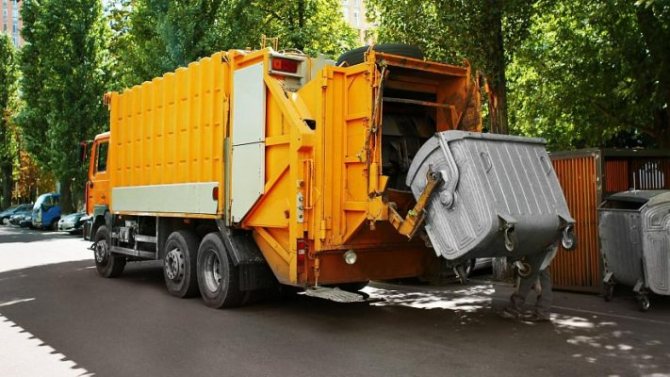
When garbage collection fees are illegal: four cases
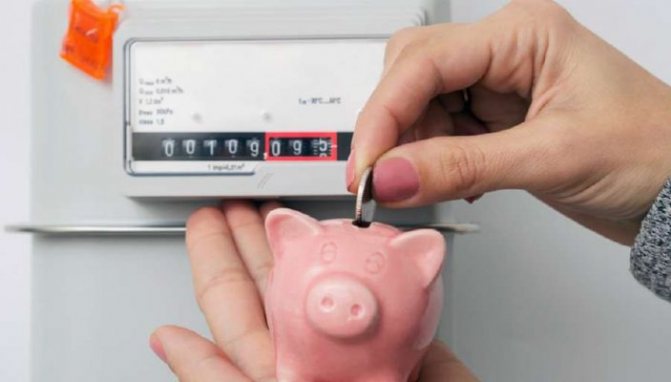
How to recalculate housing and communal services

What documents are needed for a tax deduction for an apartment?

How to get a tax refund on mortgage interest paid

Free housing: how to get an apartment from the state
Registration procedure
To register a tax deduction for apartment renovation, a person is required to submit a package of papers requested by the Federal Tax Service:
- declaration 3-NDFL, certificate 2-NDFL;
- an application in the required form for reimbursement of funds spent on the purchase of real estate and repairs made;
- a copy of the homeowner's passport;
- a copy of the purchase and sale deed;
- a copy of the certificate of ownership of housing;
- copies of papers that represent confirmation of the financial resources spent on repairs.
If a citizen acquired property while married, an agreement will be required from the wife or husband to receive such benefits. The collected papers are transferred to the employee at the Federal Tax Service on the working days of the year following the one for which the person’s income certificate and declaration were drawn up. When purchasing residential premises on the secondary market, the rule applies to the required documentation in a similar way.
For detailed instructions on how to receive a deduction, each person has the right to contact the tax authority at their place of registration.
Last news
Latest news in residential real estate. The most up-to-date information on the new buildings market
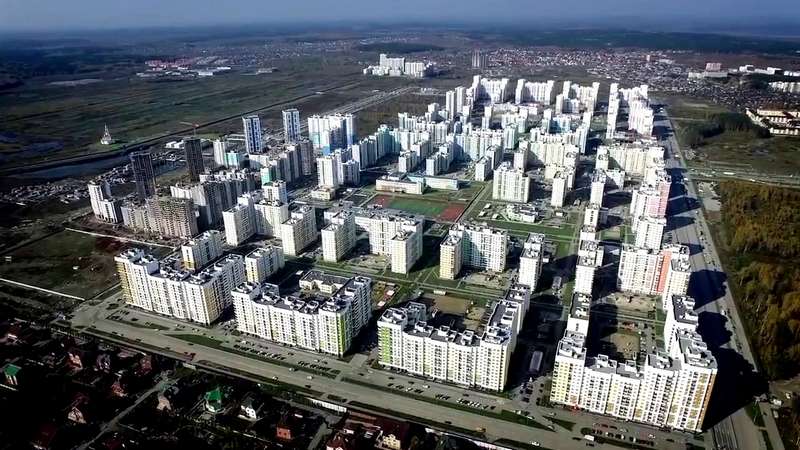
The second Academichesky will be built by GC KORTROS in the square of Novosibirskaya, Luchistaya, EKAD, Polevskaya tract streets
23 Jun

Project of the new stage “Ekaterinburg-City” from UMMC. Construction will begin this year
22 Jun
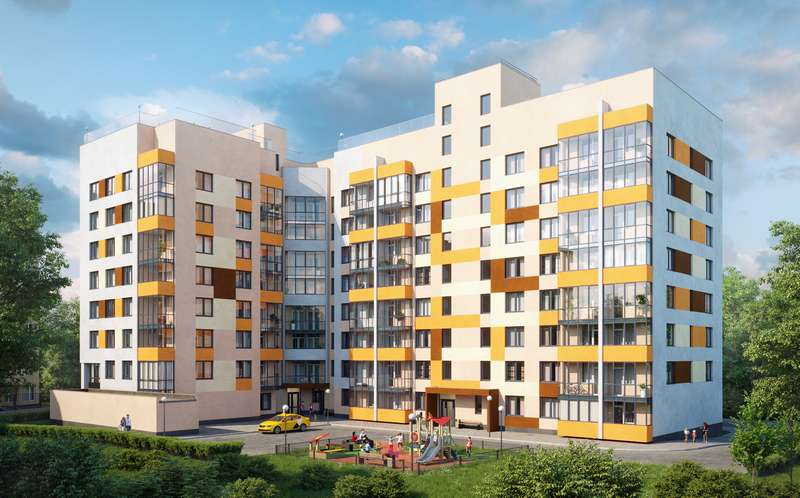
New residential complex "Kolibri" on Roshchinskaya from SSK - residents of Uktus are against
21 Jun
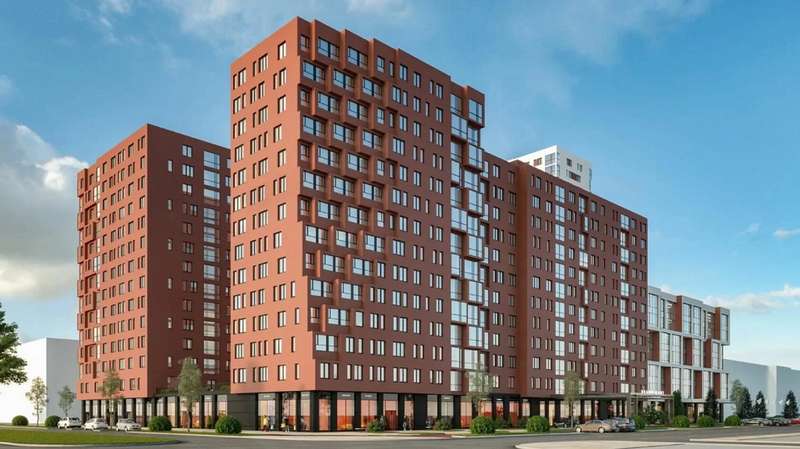
A new residential complex “LevelUp” will be built on the corner of Tveritin - Lunacharsky
18 Jun
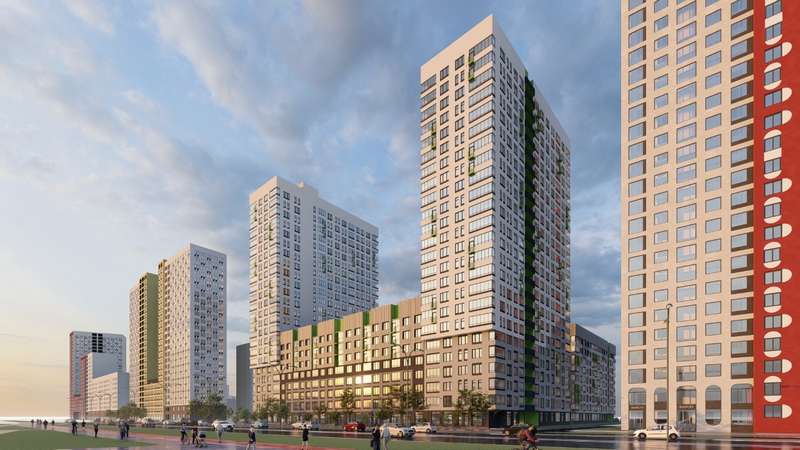
Project of a residential complex from Stroytek within the boundaries of Gvardeytsev – Soboleva – Tenistaya streets
15 Jun
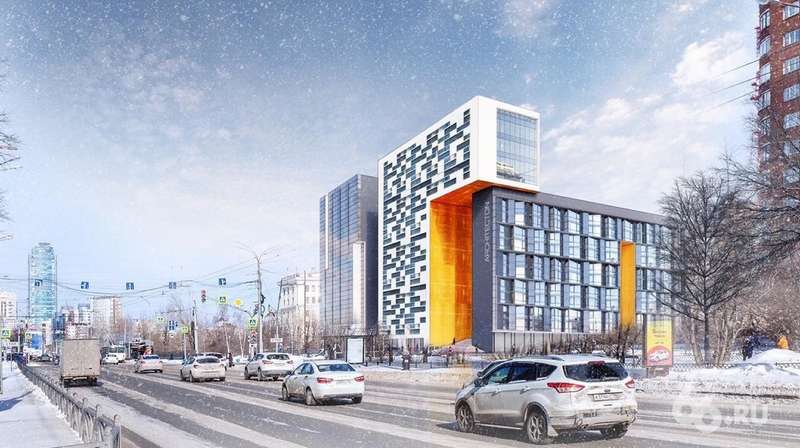
Mayak Corporation began construction of a residential complex on the site of the PROMECT building
03 Jun
Real Estate Blog
Useful publications and instructions for using a competent shareholder
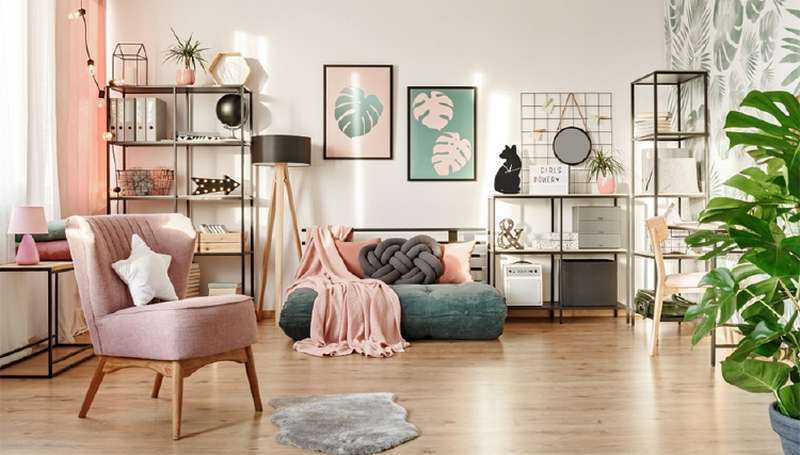
What is included in the total area of the apartment

How to prepare an apartment for long-term renting
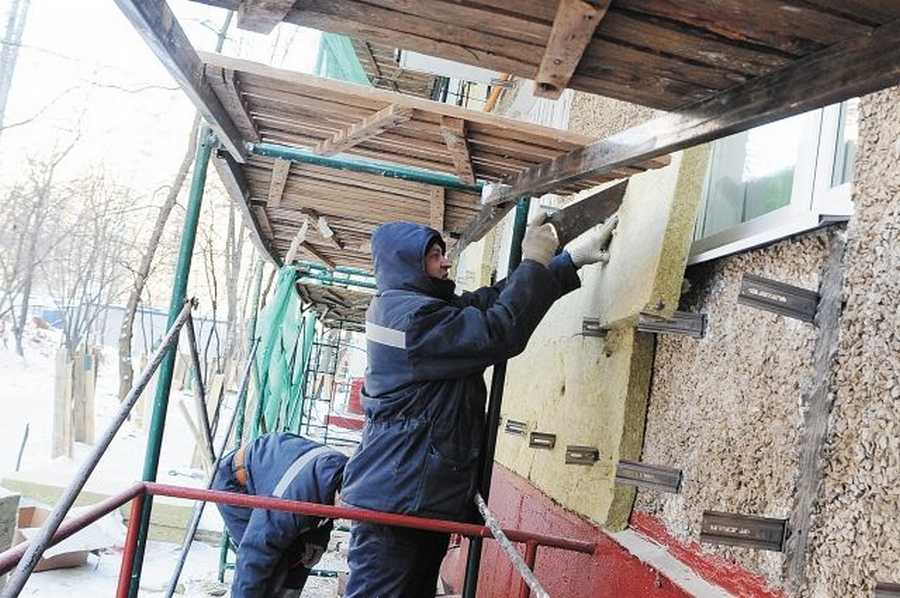
Why are contributions for major repairs rising, but housing continues to deteriorate?
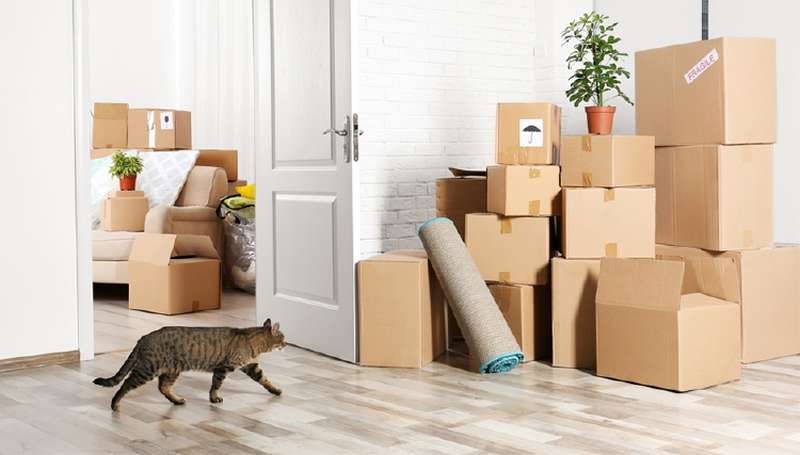
How to move to a new apartment without problems
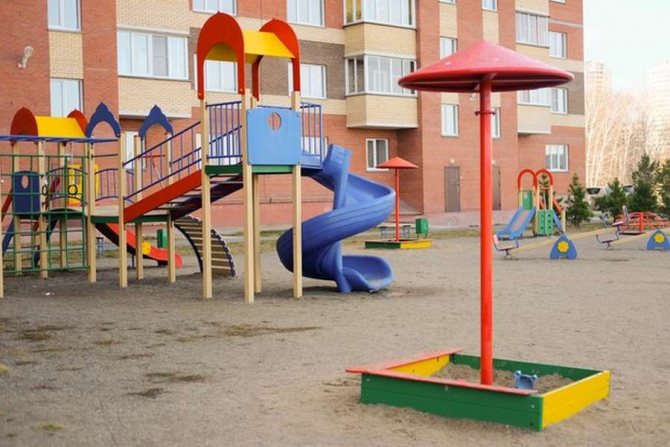
Is the developer obliged to improve the territory of the residential complex?
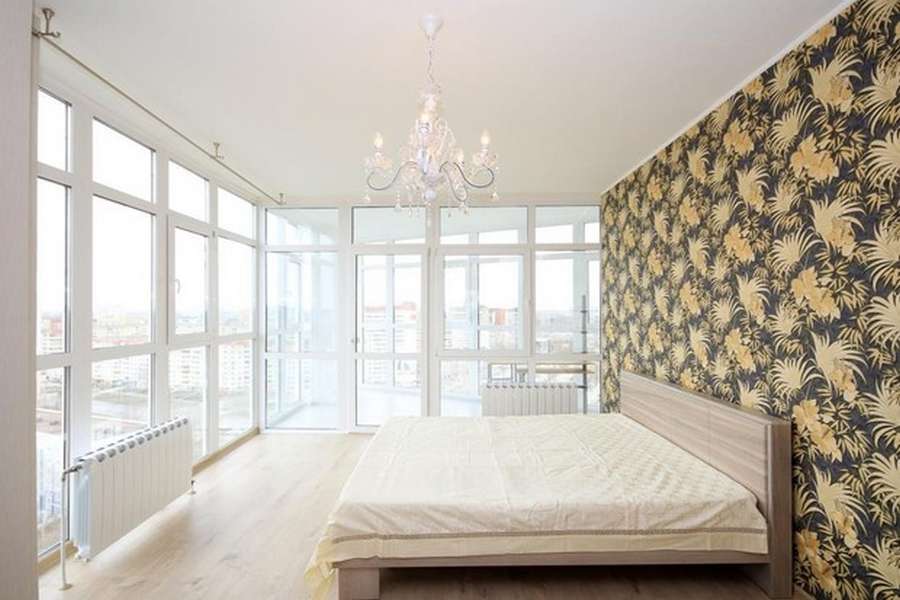
What buyers of new buildings want
All developers All new buildings






